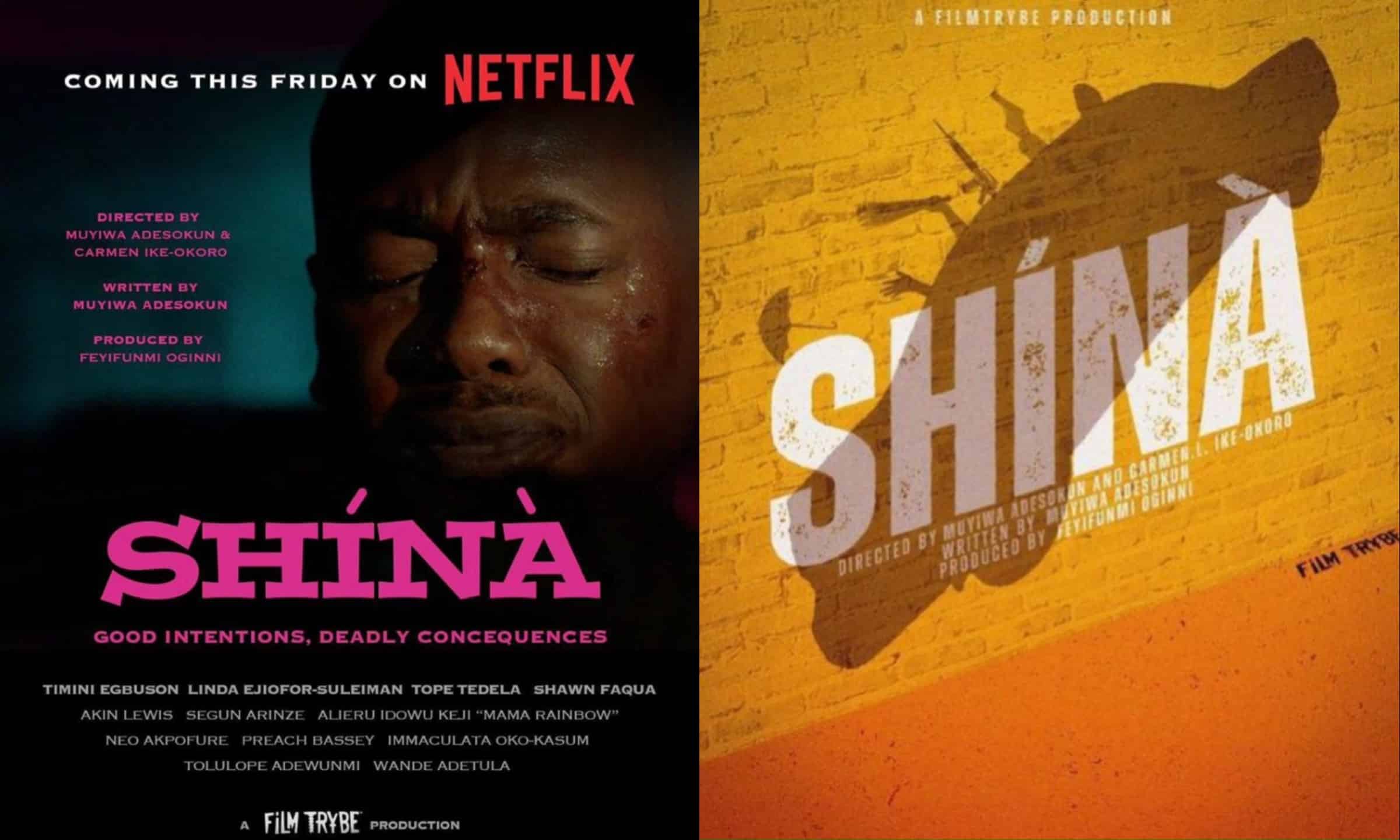
Shina, helmed by directors Muyiwa Adesokun and Carmen Lilian Ike-Okoro, weaves a riveting tale led by Timini Egbuson’s gripping depiction of Shina Akanji. The storyline follows Shina’s urgent efforts to save his sick grandmother on the brink of an important gubernatorial election. Shina, a reformed drug addict, alcoholic, and former cult member now turned taxi driver, forms the heart of this narrative.
The film begins with a high-stakes scene where Shina frantically tries to get his grandmother to the hospital. This intense opening hooks the audience instantly, mirroring the urgent and harsh realities faced by many Nigerians. The hospital scene, highlighting understaffed and poorly managed facilities, resonates deeply, showcasing the struggles within the healthcare system. A kind-hearted doctor’s decision to admit Shina’s grandmother without an upfront deposit propels Shina’s desperate quest to gather funds for her surgery.
However, the film struggles to sustain the initial high tension. The subplot involving the judicial system is particularly engaging, capturing authentic and thrilling exchanges between citizens and police officers. Yet, some aspects strain credulity, such as Shina’s assault on a police officer without severe repercussions, given the notorious reputation of the Nigerian police for brutality.
The gubernatorial election backdrop between Azeez Bolajoko and Ali Atande introduces a complex subplot involving BB, a hitman, and Ugo, Shina’s friend. This subplot, though adding depth to the narrative, competes with the main storyline, resulting in a somewhat fragmented experience. The political subplot’s resolution feels hurried and more like social commentary than a satisfying narrative conclusion.
On the technical front, Shina boasts good editing and smooth scene transitions but is marred by noticeable audio issues. The hitman’s dialogue is often inaudible, and his frequent, dubbed whistling feels unnatural and distracting. A more genuine approach or complete removal of these sound effects would have enhanced the film.
The film’s most emotional scene, where the doctor mourns her fiancé, is undermined by poor camerawork. A distant, detached shot prevents viewers from fully connecting with her grief. A closer, more intimate angle would have amplified the emotional impact, allowing the audience to empathize more deeply with her loss.
The dual direction by Adesokun and Ike-Okoro seems to contribute to the film’s lack of a unified, coherent vision. This fragmentation highlights the importance of a singular directorial voice in filmmaking to ensure a harmonious blend of storytelling, visual style, and emotional depth.
Despite its flaws, the performances in Shina are noteworthy. Timini Egbuson gives a powerful performance, adding depth to his character despite the script’s lack of a detailed backstory for Shina. Idowu Philips excels as Shina’s grandmother, and Linda Ejiofor-Suleiman shines as the compassionate doctor, although her character’s emotional peak is somewhat diluted by poor camerawork. Akin Lewis also delivers effectively, adding to the film’s overall performance quality.
In summary, Shina, which gets a 4/10 rating from me, ambitiously explores multiple themes and delivers a high-stakes story with emotional weight. Its fragmented direction and uneven storytelling prevent it from fully realizing its potential, but it remains a compelling watch, especially for those who resonate with the urgent and desperate situations it portrays.










